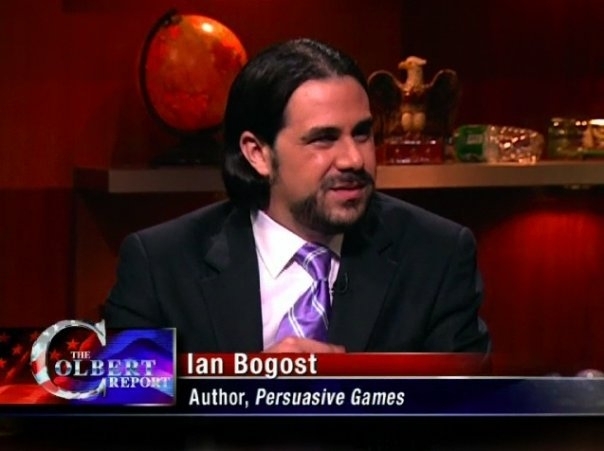Gaming Visionaries
In an exclusive interview, games industry veterans Ian Bogost, Gordon Walton and Valerie Massey talk trends in gaming.
Games made to be built by gamers
To answer the growing sense of ownership that players have over their games, which is now instantly expressed through the explosion of social media, the topic of user generated content became the focus of our discourse. Massey was particularly eager to see deeper cooperative play in future games, “What I’ve seen playing social media games like on Facebook, they haven’t hit on what made game so wonderful, I mean in my own experience going back to Ultima Online which was my first MMO going back to 1997/98 where it was cooperative play in a much different way than you have cooperative play now in the social media games, I really miss that where you create your own stories and you would take what they threw in the sandbox for you to play with and build your own castles and towns and that’s what I keep waiting for, I know it’s a matter of time.”

So what is limiting an influx of games more tailored for user generated content? Massey believes there needs to be a confluence of circumstances, “I’ve talked to designers who have been in the industry for years before I was and it was always a matter of technology catching up, designers catching up and then the players catching up. We’re always chasing after somebody else, I’m excited for that and I feel we’re very close to it.”
There are some examples of games which have flourished due to the users being given the tools to enrich their own experience. Ian Bogost cited one game in particular, “We also have Minecraft as what is a user generated content MMO even though it doesn’t look like a user generated content game or an MMO, it’s the fragmentation that happens in genres, they split and alter and change and little bits of what stuck can be traced back genealogically to user contributions in games like Little Big Planet, or Spore. You can trace back that genealogy of the whole players being in a persistent world to MMOs.”
